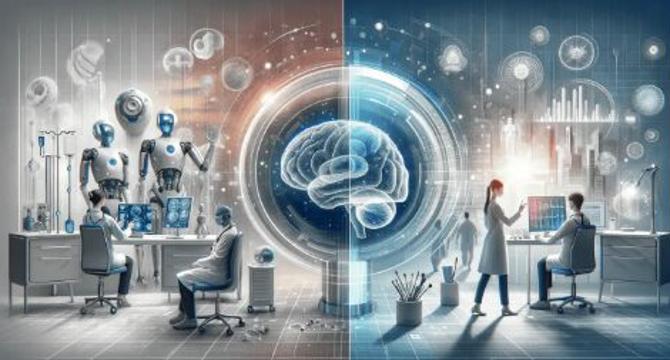TechBullion
1M
45

Image Credit: TechBullion
How AI Predictive Analytics is Transforming Healthcare and Reducing Costs
- AI-driven predictive analytics in healthcare is transforming patient care and operational efficiency.
- Predictive analytics uses vast datasets, machine learning, and advanced statistical methods to forecast future trends, risks, and outcomes.
- With AI, this process is automated, identifying complex patterns and providing accurate insights faster than traditional methods.
- This technology enables healthcare providers to diagnose diseases early, predict patient readmissions, and suggest personalized treatment plans.
- AI-powered predictive analytics is also reducing costs by allocating resources efficiently, reducing medical errors, and preventing unnecessary ER visits.
- Furthermore, it is advancing patient monitoring by detecting abnormalities in real-time, improving post-surgical recovery, and enhancing care for chronic diseases.
- Wearable devices with AI can help patients manage chronic conditions by providing personalized activity and dietary recommendations.
- The implementation of the technology is not without challenges, including data security and privacy concerns, bias, and ethical considerations.
- Despite the challenges, the future of predictive analytics in healthcare is bright, with emerging trends pointing to even greater innovation.
- Addressing the challenges with robust frameworks and ethical considerations will unlock the full potential of this technology.
Read Full Article
2 Likes
For uninterrupted reading, download the app